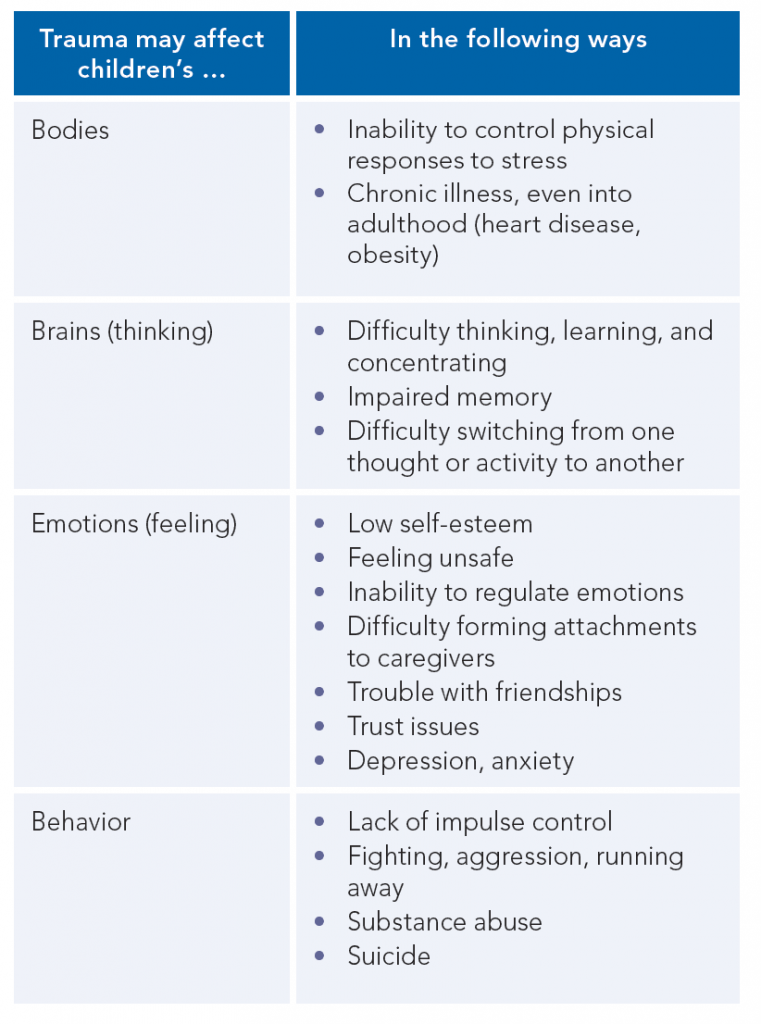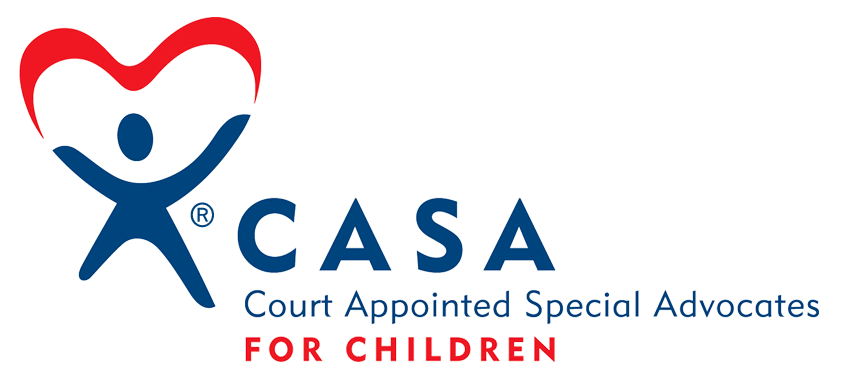 Parenting a child who has experienced trauma is complex and is not easily understood. Childhood trauma affects how the child interacts and reacts to others, how he experiences emotions, how he regulates himself and adapts. It affects how he remembers, meets his needs, navigates through the stages of development, and comprehends himself in the context of the world around him.” Understanding the effect trauma has on a child’s development enables foster parents to be more tuned in and to respond more effectively to the child’s emotional needs. Wounded Children – Healing Homes, 2009
Parenting a child who has experienced trauma is complex and is not easily understood. Childhood trauma affects how the child interacts and reacts to others, how he experiences emotions, how he regulates himself and adapts. It affects how he remembers, meets his needs, navigates through the stages of development, and comprehends himself in the context of the world around him.” Understanding the effect trauma has on a child’s development enables foster parents to be more tuned in and to respond more effectively to the child’s emotional needs. Wounded Children – Healing Homes, 2009
When foster or adoptive parents do not have an understanding of the effects of trauma, they may misinterpret their child’s behavior and end up feeling frustrated or resentful. Their attempts to address troubling behavior may be ineffective or, in some cases, even harmful. Childwelfare.Gov

Families and Teachers will find the information provided by the Child Welfare Information Gateway an excellent starting point. Click the ChildWelfare.Gov link above to download a pdf of the document. For more information and resources visit NCTSN: The National Child Traumatic Stress Network.
